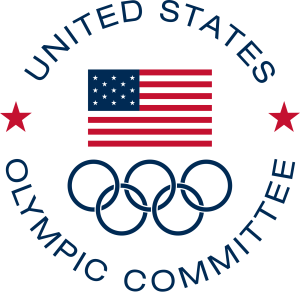Nonprofits may soon find themselves collecting and submitting donor information– including Social Security numbers – on a newly created Internal Revenue Service (IRS) form.
The change stems from a proposed amendment to the Income Tax Regulations. The amendment would alter Code section 170(f)(8), giving nonprofits the option to collect information for gifts of $250 or more and submit it on behalf of the donor.
The information would include donors’:
- Tax identification number, such as a Social Security number;
- Name;
- Address; and,
- Amount of cash or description of property donated.
The option would serve as an alternative to current practice, which requires that donors receive and submit a contemporaneous written acknowledgement (CWA) to substantiate donations of $250 or more in order to claim a charitable deduction for such gifts. An exception to the CWA requirement exists should the organization file a form in accordance with the regulations.
Current CWA processes are noted for their “effectiveness” and “minimal burden” in the amendment’s proposal, leading Tim Delaney, president and CEO of the National Council of Nonprofits, to opine that the IRS is trying to fix what isn’t broken. “We’re all dumbfounded that such a proposal could see the light of day,” he said.
Delaney said that his concerns with the proposed amendment start with the safety of the general public and are followed by the repercussions nonprofits may face. Nonprofits coming into the practice of collecting donors’ Social Security numbers could pave the way for scam artists, who could use the amendment as a means of soliciting individuals’ personal information. “As soon as this thing hits the books, it’s dangerous,” he said. “Even if not one nonprofit does it, it creates danger. Suddenly, the scam artists can use it. That, then, creates the identity-theft opportunity. As soon as that happens and news gets out, it will have a further chilling effect on nonprofits. People will say ‘I don’t want to go anywhere near that.’”
Nonprofits, in addition to potentially seeing donations dip, would need to increase data security and insurance expenditures to accommodate the handling of additional sensitive information. The associated liabilities could hamper the recruitment of board members, according to Delaney. A new tax form, too, could lead to more hassle and cost for organizations, he added.
The proposed amendment, posted by the IRS in the Federal Register on Sept. 17, claims that some donors have argued that failures to comply with the CWA requirement could be remedied by an amended Form 990 including the necessary information. As a means of better protecting donor privacy, the Treasury Department and IRS have stated that the Form 990 would not be appropriate for nonprofits’ reporting. “Instead, before finalization of these proposed regulations, the IRS intends to develop a specific-use information return for [organizational] reporting,” according to the proposal.
In a Dec. 4 statement, the IRS reiterated that the proposal would be an optional alternative to current donor-substantiation practices. “The IRS emphasizes there have been some major misimpressions and inaccuracies about the purpose of these proposed regulations,” the statement reads in part. “It’s important to keep in mind this proposal would impose no mandatory changes to existing rules on how charities substantiate donations for donors. Charities could continue doing things as they do now, and the IRS anticipates that the vast majority will. This option is not currently available, and will not be available until final regulations, which are prospective, are issued.” Sought for comment, an IRS representative declined to speak beyond the contents of the statement.
The IRS will collect written and electronic comments on the proposal until Dec. 16. The National Council of Nonprofits has been working with state and national organizations to bring awareness of the proposal ahead of that date. More than 1,000 comments have been filed thus far, according to Delaney, with more expected to be submitted in the coming days.











